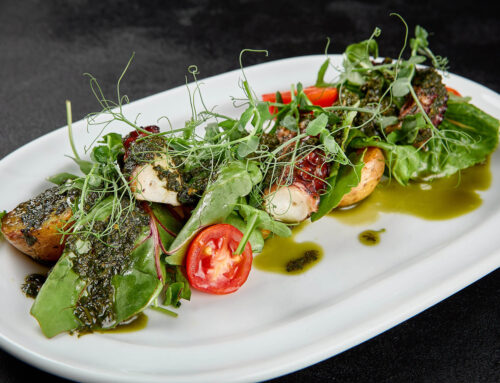Immigration and Globalization: Shaping Greek Cuisine
Greek cuisine, celebrated for its rich history and diverse cultural influences, has also been shaped by immigration and globalization. As the world becomes more interconnected, culinary traditions are shared and adapted, leading to the evolution of Greek gastronomy. In this comprehensive guide, we explore the impact of immigration and globalization on Greek culinary traditions, offering insights for culinary arts students, chefs, researchers, and the general public interested in understanding the multifaceted roots of Greek cuisine.
Immigration and Cultural Exchange
Immigration has played a significant role in shaping Greek cuisine by introducing new ingredients, flavors, and techniques from various cultures. Over the centuries, Greece has been home to numerous immigrant communities, including Armenians, Jews, and people from Asia Minor, each bringing their unique culinary traditions. This influx of diverse cultures has led to a culinary exchange that has enriched Greek gastronomy with innovative dishes, ingredients, and methods of preparation.
Greek Diaspora and Culinary Adaptation
The Greek diaspora has also contributed to the evolution of Greek cuisine. As Greeks emigrated to various countries, they adapted their culinary traditions to suit local ingredients and tastes. This adaptation has resulted in the creation of new dishes and variations of traditional recipes, which are later reintroduced to Greece, enriching the country’s gastronomic landscape. Moreover, the Greek diaspora has helped popularize Greek cuisine worldwide, exposing a broader audience to the flavors and techniques that define Greek gastronomy.
Globalization and Access to Ingredients
Globalization has made it easier for countries, including Greece, to access a wide variety of ingredients from around the world. As a result, Greek cuisine has embraced new ingredients and flavors that were once considered exotic or unavailable. This access to diverse ingredients has expanded the culinary repertoire of Greek chefs, allowing them to experiment with new flavor combinations and techniques, while still maintaining the essence of traditional Greek dishes.
Influence of International Cuisines
As the world becomes increasingly interconnected, Greek cuisine has also been influenced by international culinary trends. Exposure to various global cuisines has led to the incorporation of new cooking techniques and flavors into Greek dishes. For example, the popularity of Asian cuisines has inspired Greek chefs to incorporate elements like soy sauce, ginger, and sesame oil in some recipes, creating a fusion of flavors that reflects the globalized culinary landscape.
Preserving Tradition Amidst Change
Immigration and globalization have significantly influenced Greek cuisine, leading to a dynamic exchange of culinary traditions, ingredients, and techniques. As culinary arts students, chefs, researchers, and food enthusiasts explore the world of Greek food, understanding the impact of immigration and globalization is essential to appreciating the depth and complexity of Greek gastronomy. By acknowledging the role of these factors in shaping Greek cuisine, we can better understand the diverse and vibrant culinary traditions that have emerged from this dynamic exchange of cultures and ideas.
While perhaps less prominent than some other cultural influences, the British impact on Greek cuisine has contributed to the development of Greek culinary traditions in various ways. As culinary arts students, chefs, researchers, and food enthusiasts explore the world of Greek food, understanding the British influence is essential to appreciating the depth and complexity of Greek gastronomy. By acknowledging the role of British culinary practices in shaping Greek cuisine, we can better understand the diverse and vibrant culinary traditions that have emerged from this dynamic exchange of knowledge, ingredients, and techniques.

